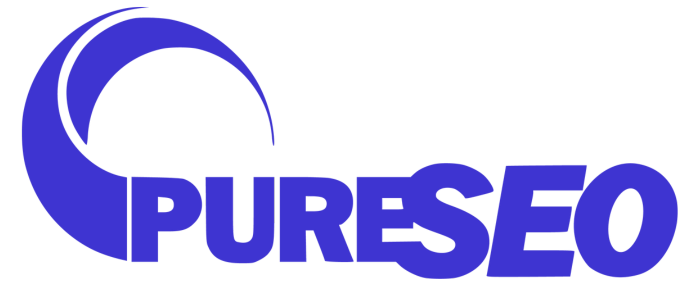
Times are difficult. As a leading digital marketing agency, we’ve seen that vast numbers of businesses are facing enormous obstacles. For many, these challenges will be the biggest they’ve ever seen.
Not all industries are being affected by the current global crisis to the same extent, however. For example, businesses that were already primarily driven by eCommerce have found themselves in a relatively strong position for the future.
So what can you do with your business right now, in order to re-orient yourself more toward eCommerce and help your business adjust for the path ahead?
Google Launches Blog Series to Help Businesses
As the primary force in the digital SEO space, Google has acted to use their platform to help businesses adapt, by examining case studies on SEO and its benefits in uncertain times such as these.
Essentially, it’s become clear that the pandemic has affected patterns of consumption, and will continue to do so. In short, more people than ever are buying things online, and that doesn’t look like it’s going to change any time soon.
How to Improve your eCommerce Campaign
With this quickly developing digital landscape in mind, we know that what many businesses need is somewhere to start. So, here are five things you can action right now to improve your eCommerce offerings.
1. Update Google My Business Listings
There is a lot of uncertainty now about business hours. With constantly shifting restrictions and legal requirements for all sorts of businesses, it’s crucial that your available information is accurate. We recommend updating your business open hours or availability as often as needed in order to keep on top of things.
This really goes a lot further than most people realise—it’s not just best practice for Google, it also communicates to your customers that you care about them. We all know how frustrating it is to only find out that a store is actually closed after trying to buy from it online or actually driving there, and during this outbreak, it’s best to avoid accidentally forcing your customers to leave the home and verify your hours.
This brings me to the next point under this concept. Business listings are extremely important now that local search is a huge priority. Think about it, most people can’t leave their local area at all. Local search results have also undergone some recent updates, allowing them to serve more information to users, such as availability of delivery or takeout options. Take full advantage of every tool Google gives you to put forward an accurate digital shopfront.
2. Take The Chance to Undergo a Technical Audit
When it comes to running an eCommerce site, there are a lot of pitfalls to look out for. As online shopping booms during the ongoing lockdown periods, there are a few key things to double-check to ensure your site hasn’t sprung any costly SEO leaks.
These include:
- Poor canonicalisation of URLs leading to duplicate content.
- Poor redirect strategies. You may not know this, but deleting a webpage for a product once it is out of stock or no longer sold is bad for your SEO, and there are better ways to avoid sending users to that page.
- Lack of product schema. Schema markup was already getting more important for online business, even before the pandemic, and this hasn’t changed. Make sure your pages are marked up with the right schema, and your products and services will really start to stand out in the search results.
- Poor CMS implementation. Some Content Management Systems can really muddy the waters of your URL structure if left unchecked, and the only way to make sure you don’t have a lot of unneeded folders is with a technical audit.
3. As Always, Deploy Good Content
As online traffic jumps, the chances of users arriving to your site without being a shoe-in for conversion increases. At that point, your on-page content has to convince them to stay.
It can be easy to forget about what your webpages actually say among all the technical concerns, but the fact is, you need to be able to answer a given user’s questions, without burying your products and CTAs under a mountain of copy.
Your on-page content needs to be elegant, concise, useful, and not overstay its welcome. Quantity is good, but quality is vital.
4. Use Google Shopping
Another recent move by Google; product listings to shopping results have been made free for merchants. Google has suggested that the intention behind this is to help retailers essentially get free exposure to the millions of daily Google Shopping users. While this is only currently available for the US, Google will be rolling it out worldwide alter in the year.
It can’t be overstated how much this could affect your business, especially if you’re in a position to offer international shipping.
Act sooner, rather than later
The online landscape is changing in response to the sudden shift in global life. When things eventually settle back down, the algorithm will be in a completely new place, and those who acted early to understand it will have risen to the top.
Put simply, no matter what industry you’re in, SEO is a key marketing channel, and once the pandemic is over, the businesses which put in the effort to serve good content and precise information to their online customers will be top of their fields. And if you do the work, that could be you.
If you need a digital marketing agency that fully understands the online marketing arena, then look no further. Contact our experts at Pure SEO today!

















